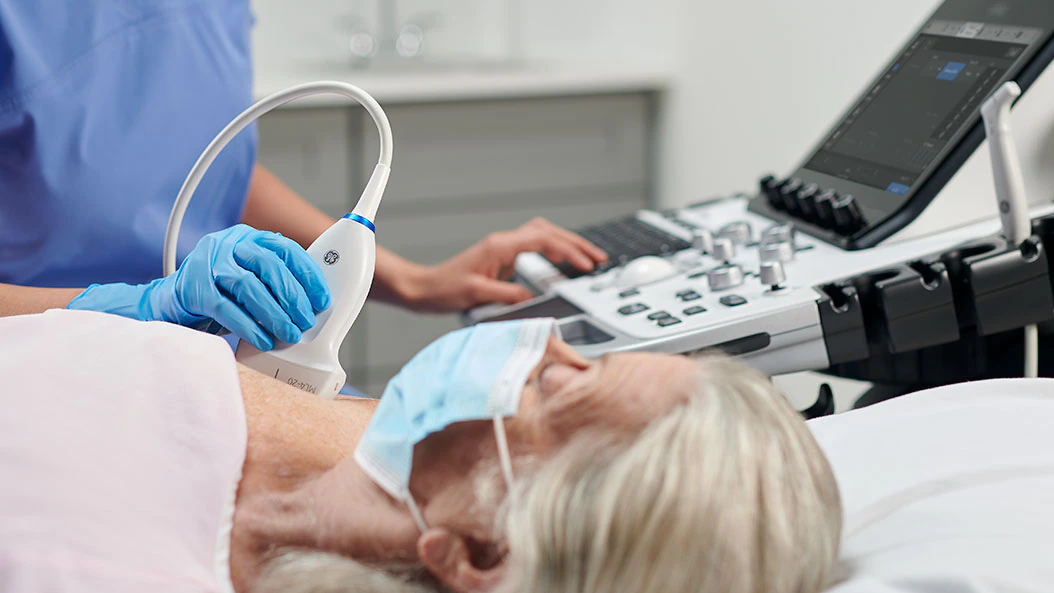
Breast Cancer Symptoms: Early Detection and Awareness
Breast cancer is one of the most common cancers affecting women worldwide, and early detection is crucial for improving treatment outcomes and survival rates. Being aware of the symptoms of breast cancer and understanding the importance of regular screening can help in early diagnosis and effective treatment. This guide aims to raise awareness about breast cancer symptoms and the importance of early detection.
Understanding Breast Cancer
What is Breast Cancer?
Breast cancer occurs when cells in the breast grow uncontrollably and form a tumor. It can begin in different parts of the breast, including the ducts, lobules, or the tissue in between. Breast cancer can spread to other parts of the body if not detected and treated early.
Types of Breast Cancer
- Ductal Carcinoma In Situ (DCIS): A non-invasive cancer where abnormal cells are found in the lining of a breast duct.
- Invasive Ductal Carcinoma (IDC): The most common type of breast cancer that starts in the breast ducts and invades surrounding tissue.
- Invasive Lobular Carcinoma (ILC): Cancer that starts in the lobules and spreads to surrounding tissues.
- Triple-Negative Breast Cancer: A type that does not have any of the three common receptors known to fuel most breast cancer growth.
- HER2-Positive Breast Cancer: A type that has a protein called human epidermal growth factor receptor 2, which promotes cancer growth.
Symptoms of Breast Cancer
Early Symptoms
- Lump in the Breast or Armpit: A new lump or mass in the breast or underarm area can be an early sign of breast cancer. It may feel hard, irregular, and painless, although some lumps can be soft and tender.
- Change in Breast Size or Shape: Any noticeable change in the size, shape, or appearance of the breast.
- Nipple Changes: Inverted nipples, unusual discharge (especially if bloody), or changes in the appearance of the nipple.
- Skin Changes: Dimpling, puckering, redness, or scaling of the breast skin or nipple.
- Breast Pain: Persistent pain in a specific area of the breast, although breast pain alone is rarely indicative of breast cancer.
Advanced Symptoms
- Swelling of All or Part of the Breast: Even if no distinct lump is felt.
- Skin Irritation or Dimpling: Sometimes resembling the texture of an orange peel.
- Nipple Retraction: The nipple turns inward.
- Skin Thickening: Thickening or redness of the breast skin.
- Enlarged Lymph Nodes: Swelling or lumps in the lymph nodes under the arm or around the collarbone.
Importance of Early Detection
Benefits of Early Detection
- Improved Survival Rates: Early-stage breast cancer has a higher survival rate compared to advanced stages.
- Less Aggressive Treatment: Early detection often means less invasive treatments, such as lumpectomy instead of mastectomy, and may avoid the need for chemotherapy.
- Better Quality of Life: Early treatment can reduce the physical and emotional toll of the disease and its treatment.
Screening Methods
- Mammography: The most common and effective screening tool for breast cancer. Regular mammograms can detect tumors that are too small to be felt.
- Breast MRI: Used for women at high risk of breast cancer, providing detailed images of the breast.
- Ultrasound: Often used to evaluate abnormalities found during a mammogram or physical exam.
- Clinical Breast Exam: A physical examination by a healthcare provider to check for lumps or other changes.
- Breast Self-Exam: Although not a substitute for professional screening, regular self-exams can help women become familiar with their breasts and notice any changes more quickly.
Risk Factors for Breast Cancer
Non-Modifiable Risk Factors
- Age: The risk of breast cancer increases with age, particularly after 50.
- Gender: Women are at higher risk than men.
- Genetic Mutations: Inherited mutations in genes such as BRCA1 and BRCA2 significantly increase the risk.
- Family History: Having a close relative with breast cancer can increase risk.
- Personal History of Breast Cancer: A previous diagnosis of breast cancer increases the risk of developing it again.
Modifiable Risk Factors
- Lifestyle: Diet, exercise, and body weight can influence breast cancer risk.
- Alcohol Consumption: Higher alcohol intake is associated with an increased risk.
- Smoking: Smoking has been linked to a higher risk of breast cancer.
- Hormone Replacement Therapy: Long-term use of hormone replacement therapy (HRT) can increase risk.
- Reproductive History: Factors such as age at first menstruation, age at first childbirth, and breastfeeding can influence risk.
Taking Action
Regular Screening
- Mammograms: Recommended annually for women aged 40 and above, or earlier for those at higher risk.
- Clinical Breast Exams: Every 1-3 years for women in their 20s and 30s, annually for women 40 and older.
- Self-Exams: Monthly self-exams can help women notice changes earlier.
Healthy Lifestyle Choices
- Diet and Exercise: Maintaining a healthy diet and regular physical activity can reduce the risk of breast cancer.
- Limit Alcohol and Avoid Smoking: Reducing alcohol consumption and avoiding smoking can decrease risk.
- Manage Hormone Therapy: Discuss the risks and benefits of hormone replacement therapy with your healthcare provider.
Awareness and Education
- Know Your Risk: Understand your personal risk factors and discuss them with your healthcare provider.
- Stay Informed: Keep up with the latest recommendations and advancements in breast cancer detection and treatment.
- Support and Advocacy: Participate in community awareness programs and support breast cancer research and advocacy groups.
Conclusion
Early detection of breast cancer significantly increases the chances of successful treatment and survival. Being aware of the symptoms, understanding the importance of regular screenings, and making informed lifestyle choices are key steps in the fight against breast cancer. Stay proactive about your breast health and consult your healthcare provider for personalized advice and screening recommendations.
For more information or to schedule a breast cancer screening, please contact London Private Ultrasound. Visit our website at www.londonsono.com, call us at 02071013377, or email us at [email protected]. Take proactive steps towards your breast health today.

